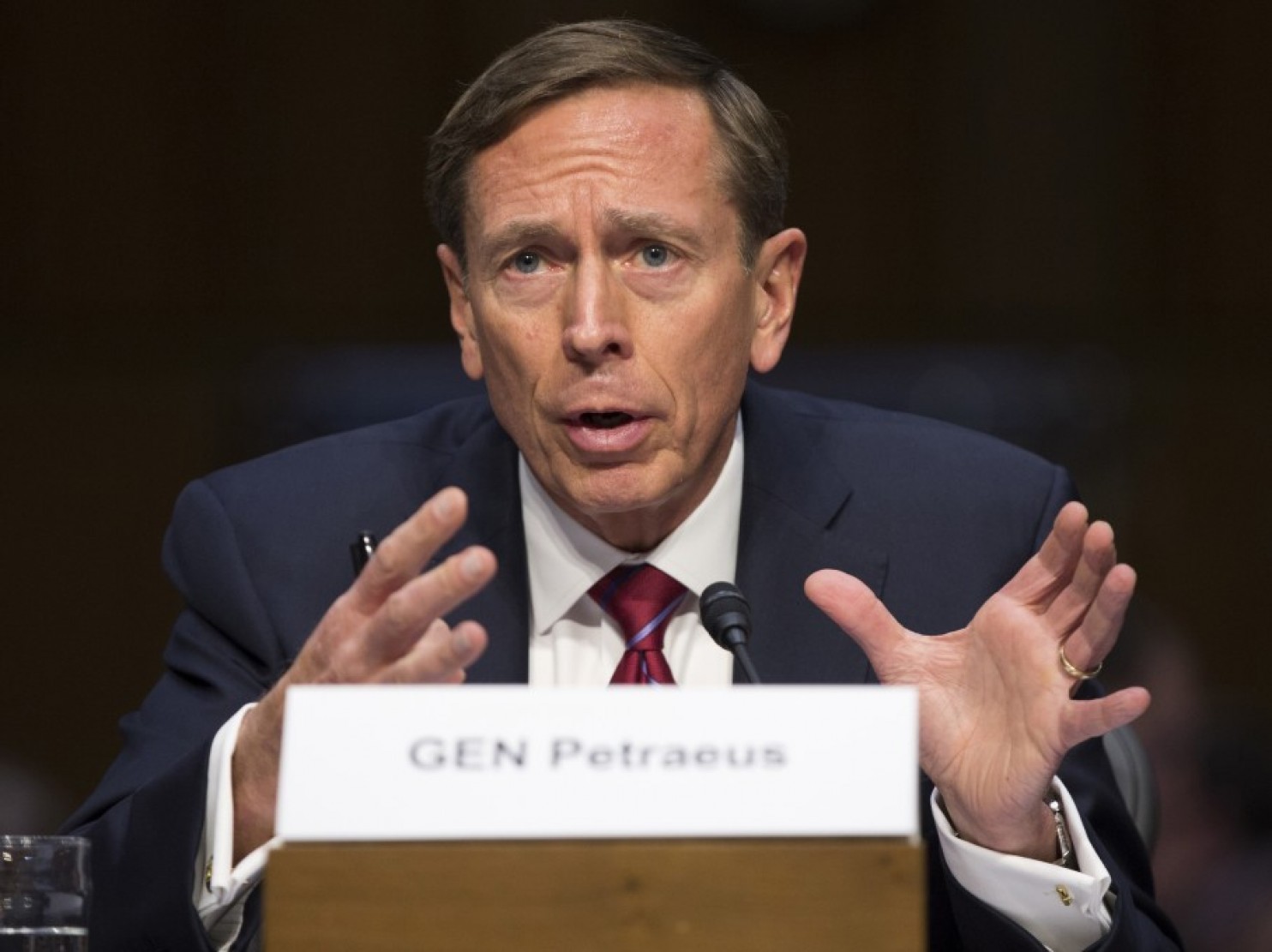The Tragedy of 'Foreign Policy Elites'
Evan Vucci/Associated Press
Can our nation survive without taking advantage of the wisdom of self-described “foreign policy elites”? That is the question posed on Page 1 of The Post’s print edition on Saturday, under the headline “Foreign policy elites indecisive on Trump.” The Post’s Karen DeYoung reports that 121 Republican national security experts have signed a petition saying they would not serve in a Donald Trump administration, should democracy serve them up such an opportunity. Actually, in their eyes, it is less an opportunity than a possible obligation. We all have to decide whether to vote for Trump, which is a pretty easy decision for most people I know. But “foreign policy elites” have the further obligation of deciding whether to work in a Trump administration. This, apparently, is not an easy decision at all.
“Leaving any president completely alone and bereft from the best advice people could give him just doesn’t sound responsible,” says “another former senior Republican official who spoke on the condition of anonymity” because . . .w ell, what if Trump wins and the phone rings? One wouldn’t want to be rude, and if one can influence policy in a positive direction, is it not one’s obligation to try, however vulgar that president might be? Dean Acheson probably found Harry Truman, a farmer from the Midwest, pretty vulgar at first.
If you ask me (which no one is doing), I think our country might survive quite well without the advice of “foreign policy elites” — or without the guidance of retired generals such as David Petraeus. A Post columnist last week recommended retired generals in general, and Petraeus in particular, as a good source of presidents. This is a brilliant idea. Petraeus had to resign as director of the CIA after he got caught in a scandal involving both sex and classified information, so he covers all the bases in competing with the Clinton machine. And he certainly qualifies as a member of the foreign policy elite.
What, after all, have foreign policy elites of either party done for us lately? Paying attention to “foreign policy elites” has given us nothing but heartbreak in the past three and a half decades. That’s right, three and a half decades, or a third of a century if you prefer. That’s how long we’ve been mired in the Middle East. At first it was considered gauche and naïve to use the Vietnam-era term “quagmire” to describe the United States’ situation in the Middle East. No one objects to calling it a quagmire anymore.
This all started with George Bush the Elder and his “liberation” of Kuwait. Remember? Let’s be fair: Kuwait is maybe a tiny bit freer than it was before, but it’s still not anything anyone would recognize as a democracy. The Saudis promised that they, too, would transform themselves into a modern democracy, in gratitude for our help in checking Saddam Hussein. The foreign policy elites were all over that one. Some said it was a disaster because we didn’t oust Hussein, and some said it was a disaster because we finally did and the country fell apart. At any rate, it’s been a disaster. More recently, the “Arab Spring” was supposed to spread democracy across the entire region like a fine Oriental carpet. Didn’t happen. Today the chaos and bloodshed have spread to Syria, and thence, via Turkey, they head to Europe.
Perhaps what’s so remarkable about this terrible recent history is how many countries we have managed to screw up without affecting our own very much. That’s what allows us to give ourselves credit for good intentions, without the need for any beneficial result. Or perhaps what’s so remarkable is that we’re still paying the slightest attention to foreign policy elites.

